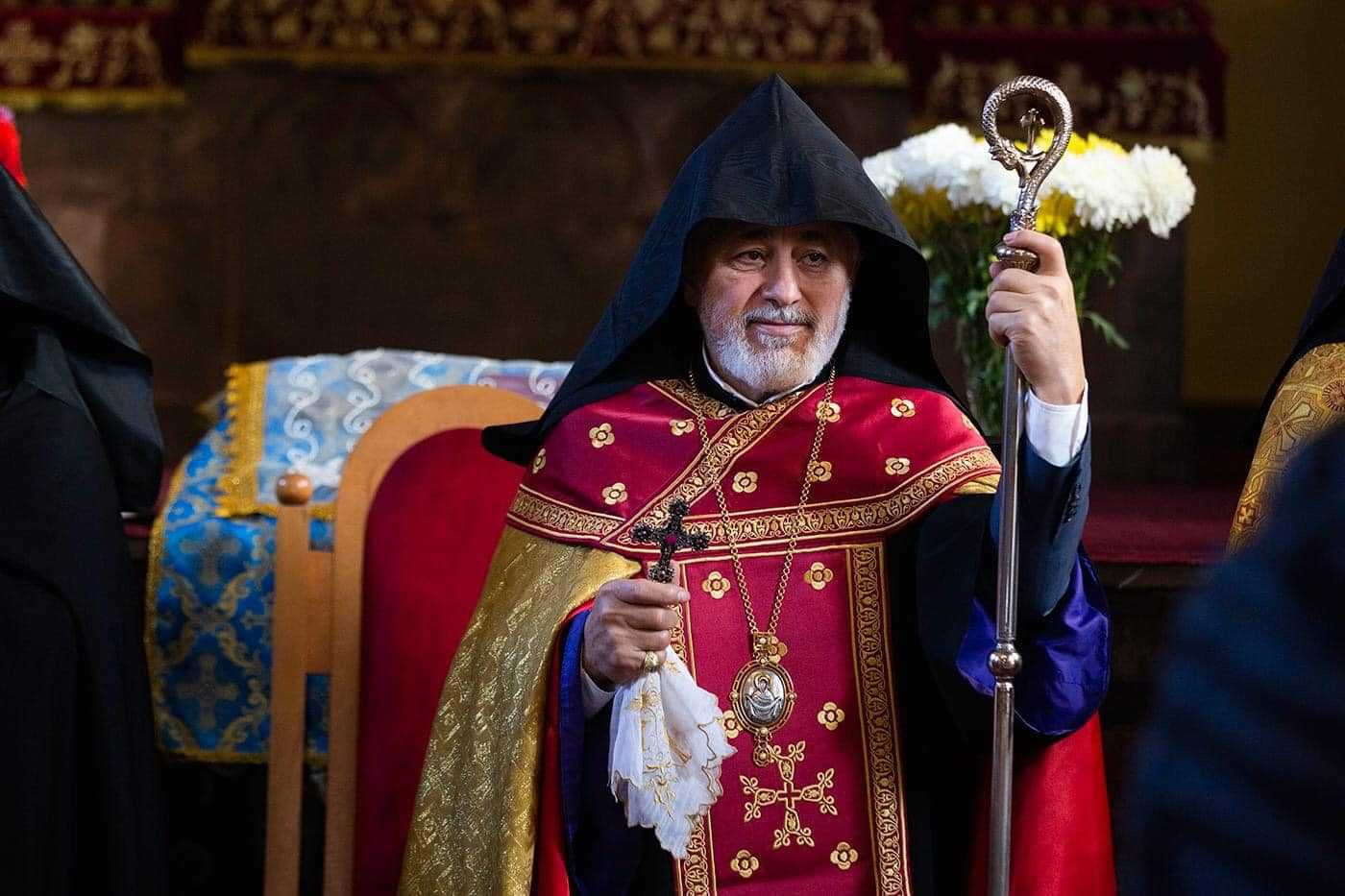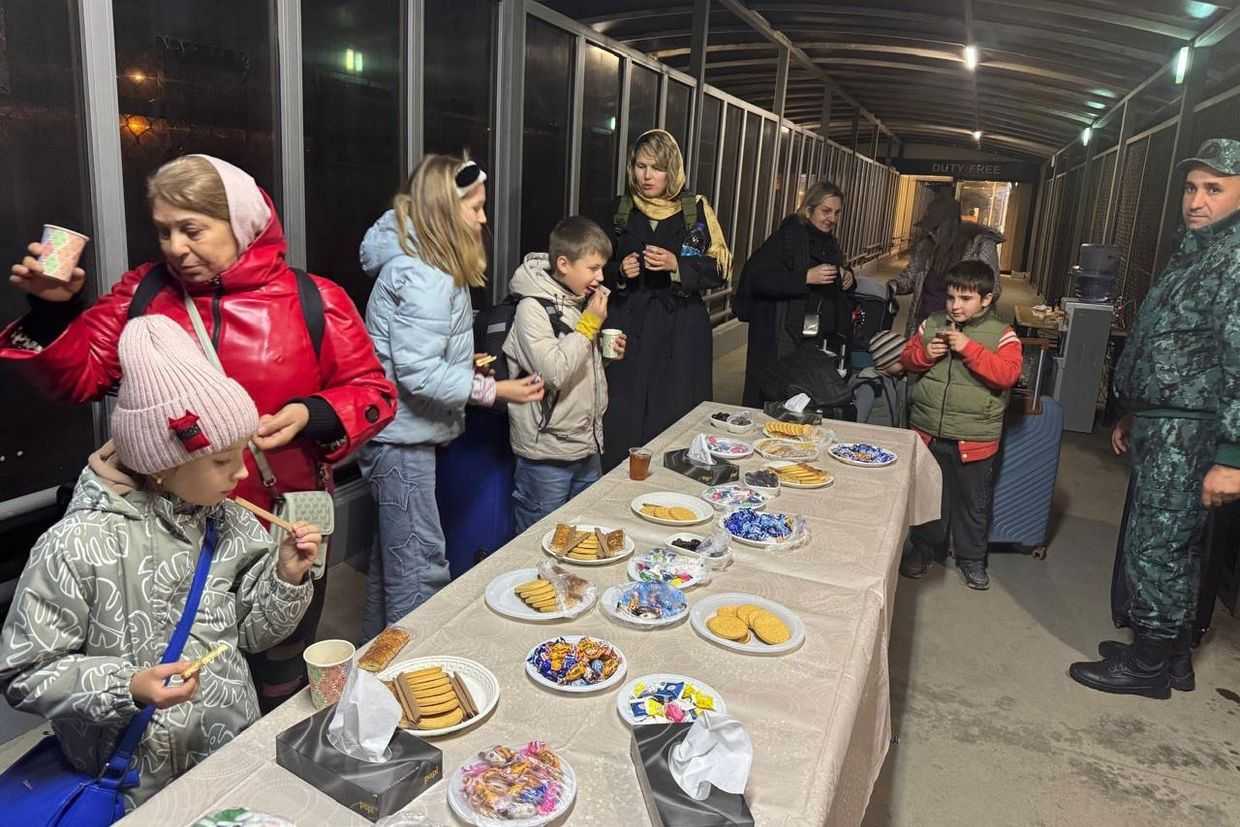
A Russian regulator has banned the import of Armenian-produced dairy products, deeming them unsafe for Russian consumers. The decision came shortly after Russia criticised Armenia’s greenlighting ratification of the ICC treaty.
On Friday, Russia’s Federal Service for Veterinary and Phytosanitary Surveillance, Rosselkhoznadzor, reported that they had requested Armenia’s Food Safety Inspectorate suspend the supply of Armenia-produced dairy products to Russia starting 5 April.
In the same statement, Russia’s agriculture safety watchdog said that ‘Armenia could not guarantee the safety of its [dairy] products for Russian consumers’.
‘The possibility of resuming imports will be discussed after all violations by Armenia are eliminated’, the statement said.
In a statement published on 28 March, Rosselkhoznadzor claimed that they had the previous week inspected two Armenian dairy producers, and confirmed that ‘Armenian producers used raw materials from Iranian enterprises that do not have the right to supply to Russia’.
Rosselkhoznadzor also noted last Wednesday that due to a ‘lack of proper control’ by Armenia’s food inspection service, there was a ‘risk of low-quality and unsafe products’ being imported to Russia, and that they had asked Armenia to ‘suspend certification’ for those two producers.
Rosselkhoznadzor did not specify which Armenian factories they had audited, only noting that the inspection was inspired by the growth in Armenian dairy imports to the Russian market this year.
On 31 March, RFE/RL quoted the spokesperson for Armenia’s Food Safety Inspectorate as insisting that the recent Russian inspection did not find ‘any problem threatening people’s lives and health’ and that the Iran-imported milk was safe.
Russian bans on food imports from neighbouring countries have frequently coincided with a deterioration of relations.
Following Russia’s announcement on Friday, Armenia’s Minister of Economy, Vahan Kerobyan, denied that the decision had any political context.
However, the ban came days after Russian authorities reacted harshly to Armenia’s Constitutional Court greenlighting the ratification of the treaty establishing the International Criminal Court (ICC), effectively reversing their 2004 finding that ratifying the Rome Statute contradicted Armenia’s Constitution.
[Read more on OC Media: Russia ‘criticises’ Armenia’s International Criminal Court ratification]
On 17 March, the ICC, a Hague-based international tribunal, issued arrest warrants for Russian President Vladimir Putin and Russian Children’s Rights Commissioner Maria Lvova-Belova for the deportation of children from Ukraine to Russia.
Rosselkhoznadzor’s decisions have been widely seen by experts on Russia as leverage in the Kremlin’s foreign policy agenda against its trading partners, having little to do with Russia’s national consumer safety.
In 2006, as Georgian-Russian relations deteriorated over the arrest of four Russian diplomats on espionage charges, the same Russian federal agency imposed an embargo on Georgia-produced mineral waters and wine. The ban was lifted following a change in Georgia’s ruling party.









